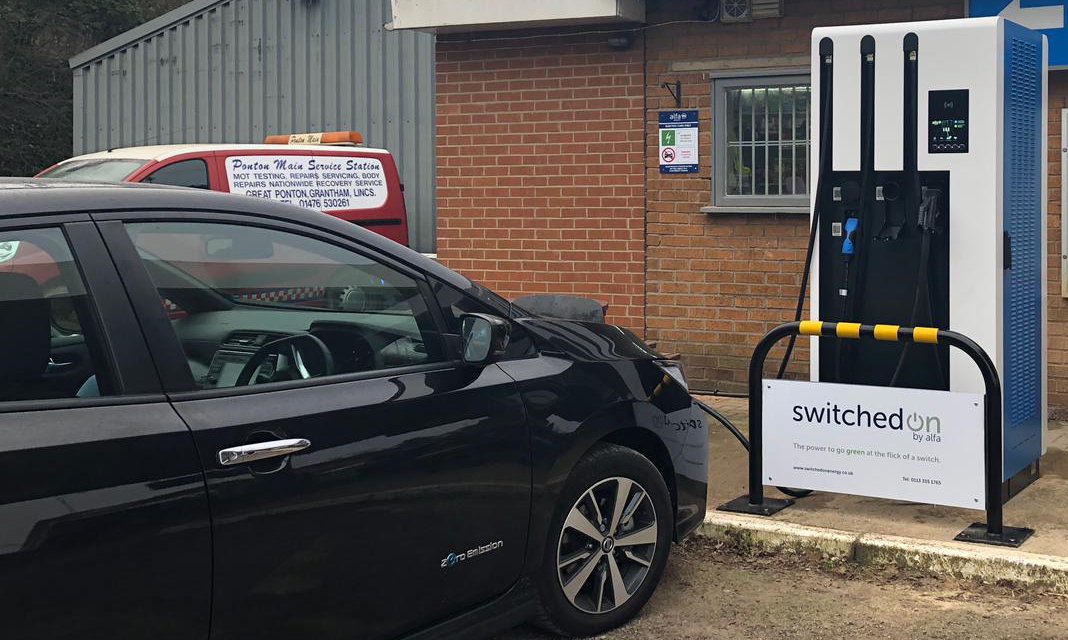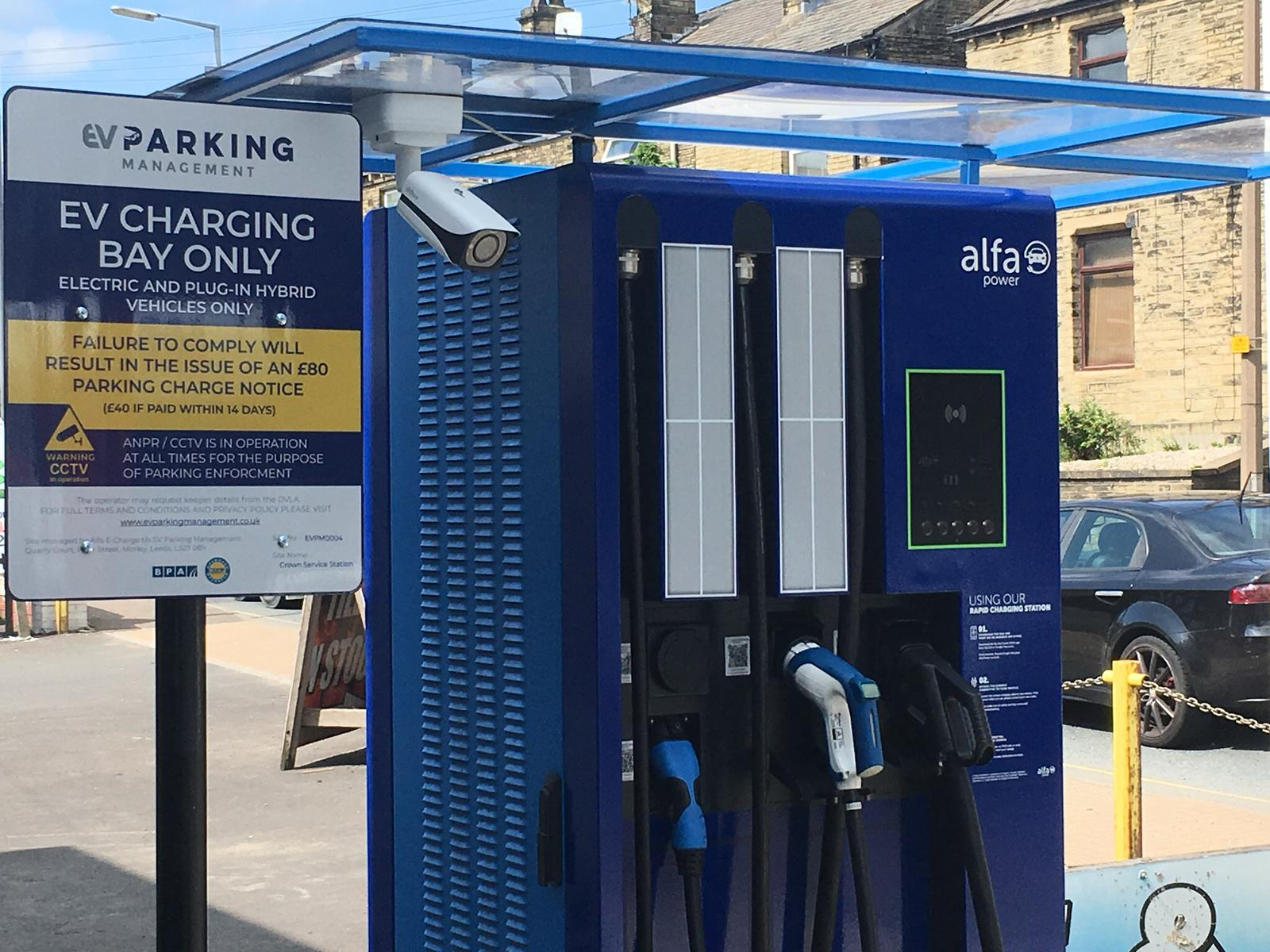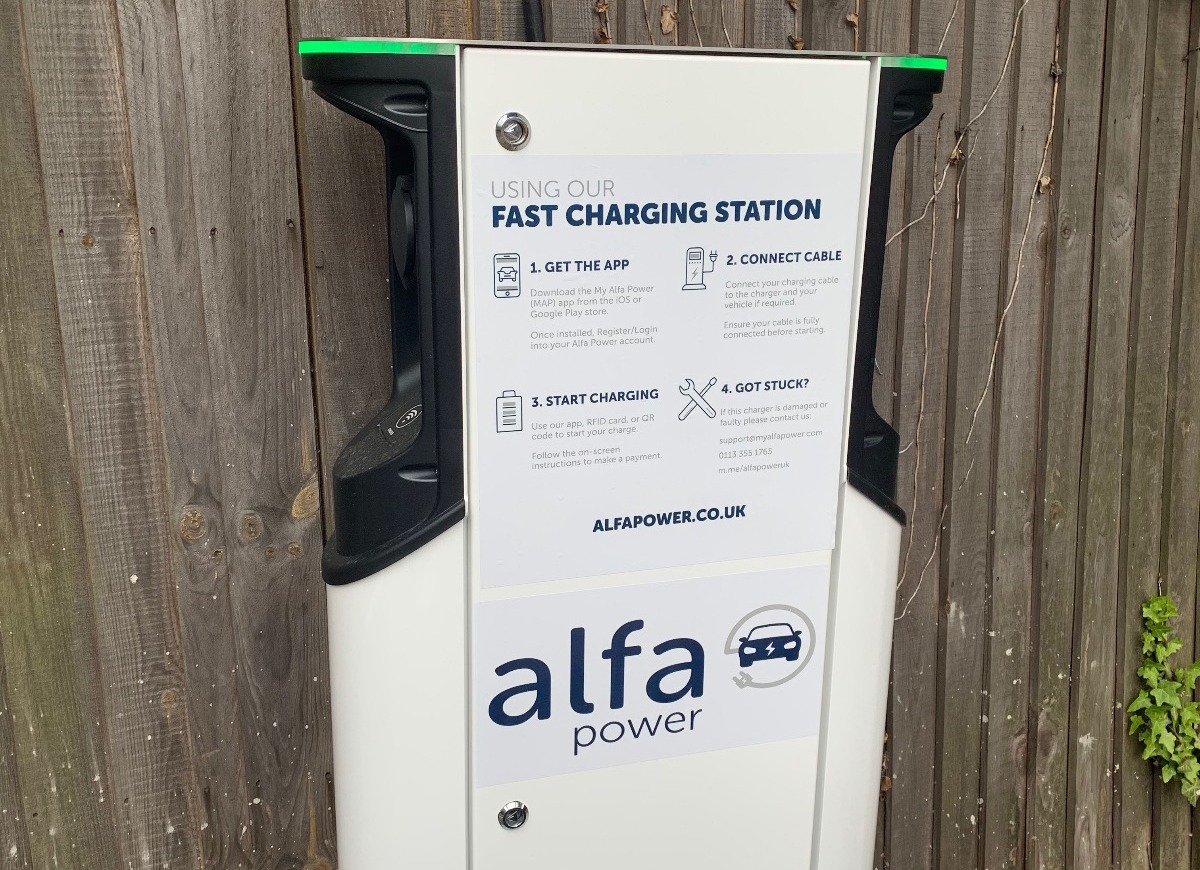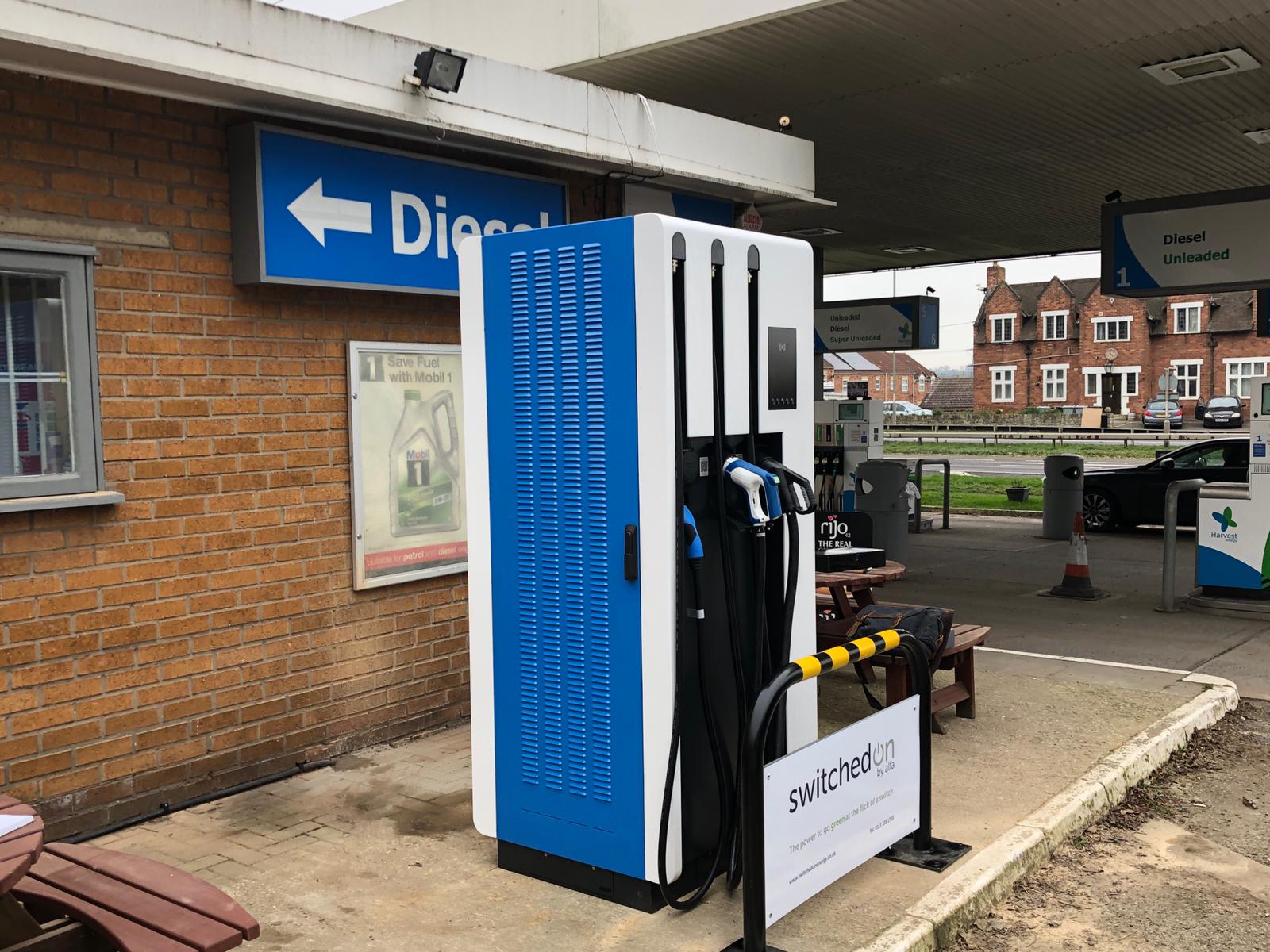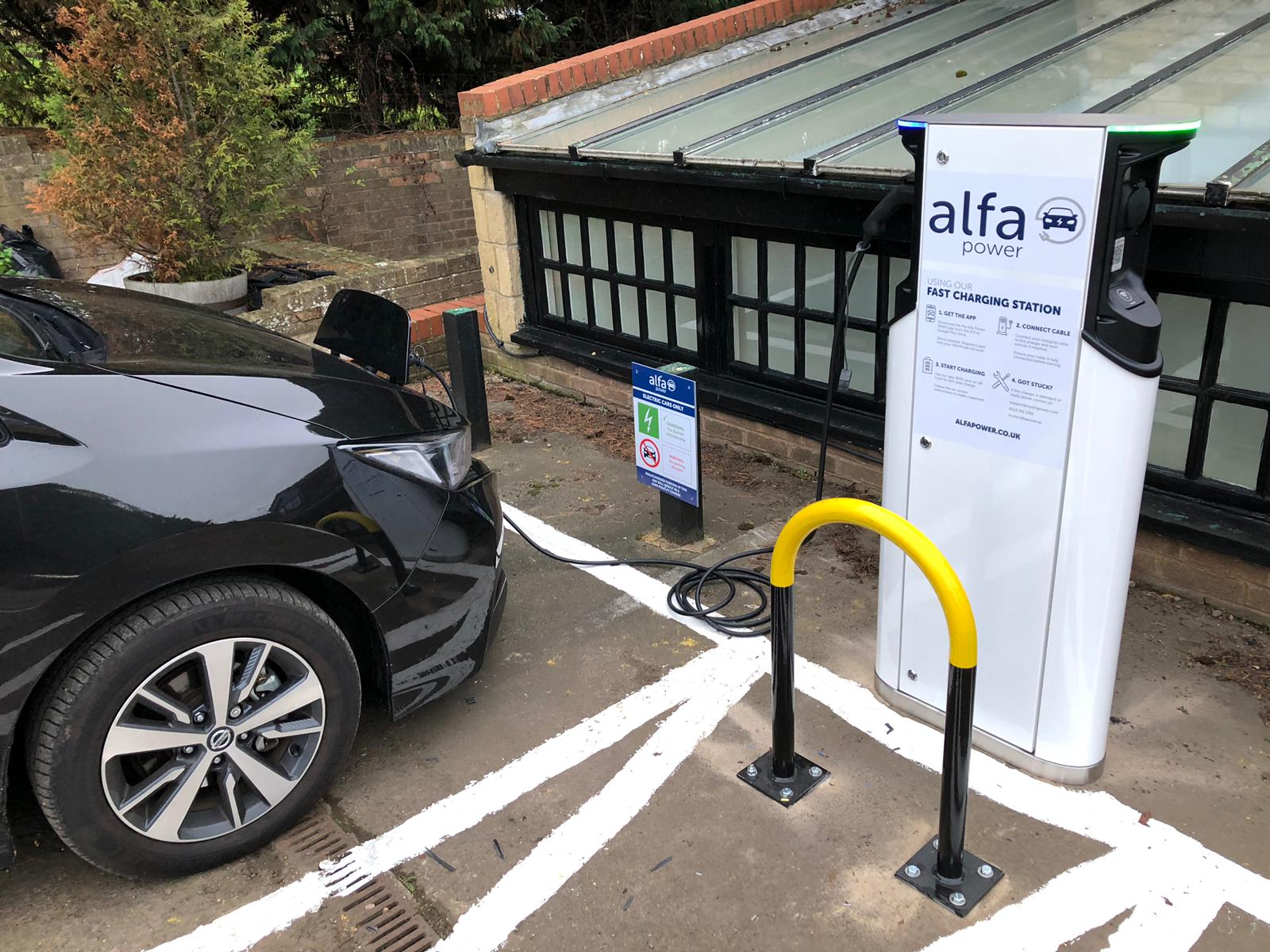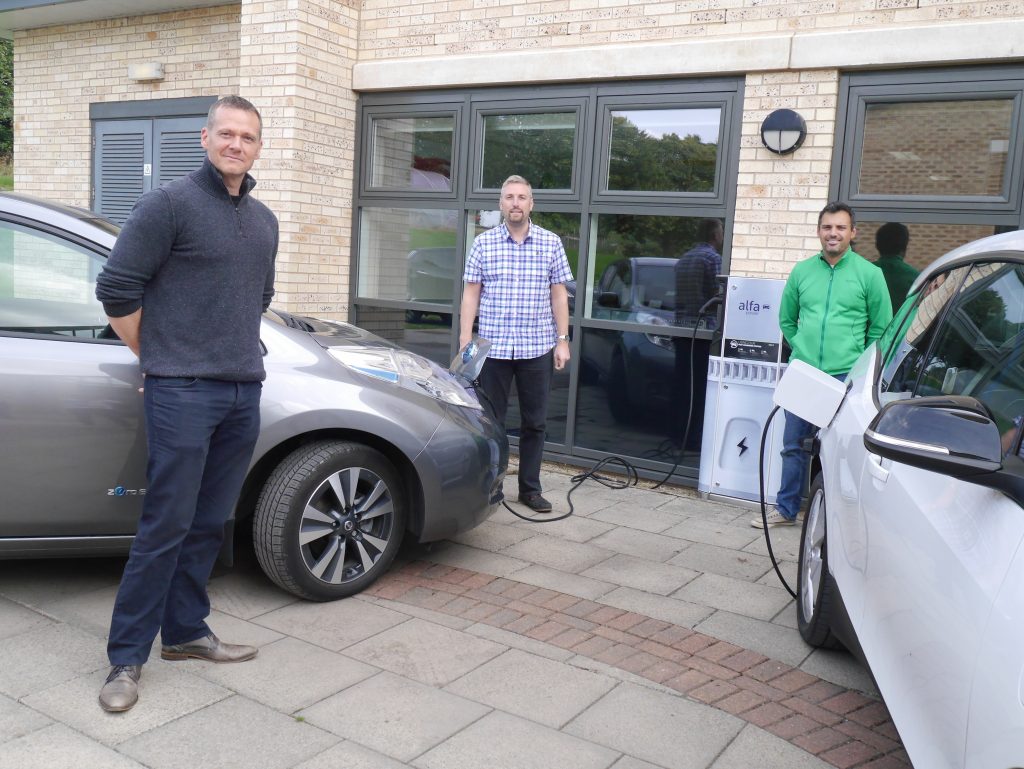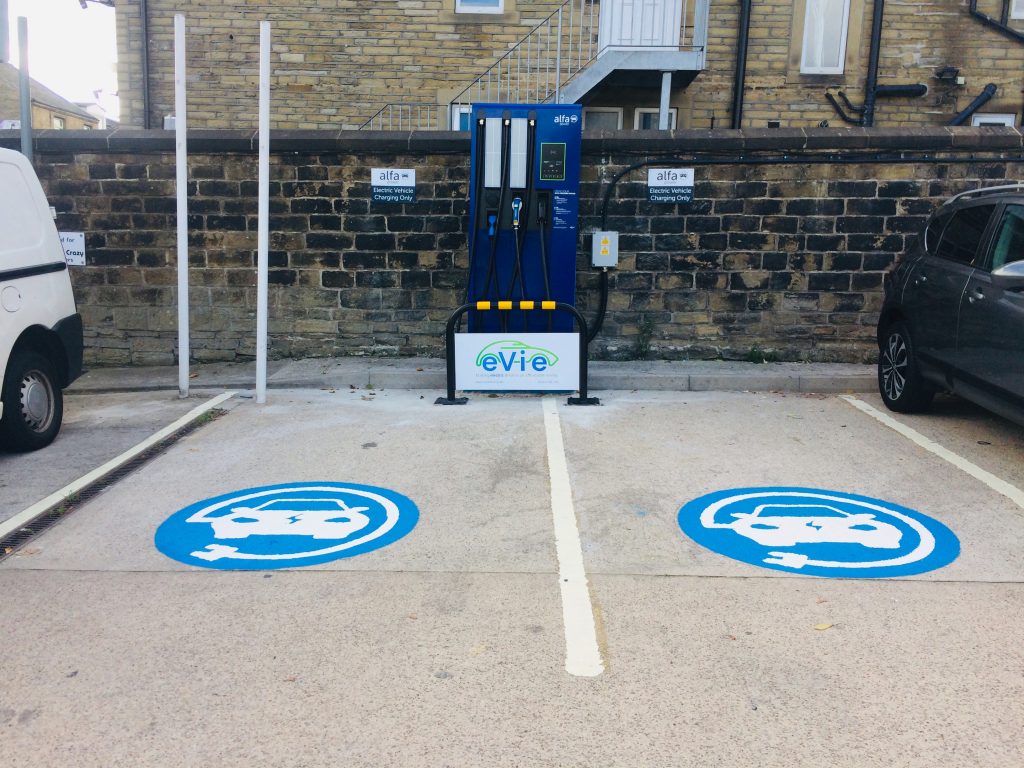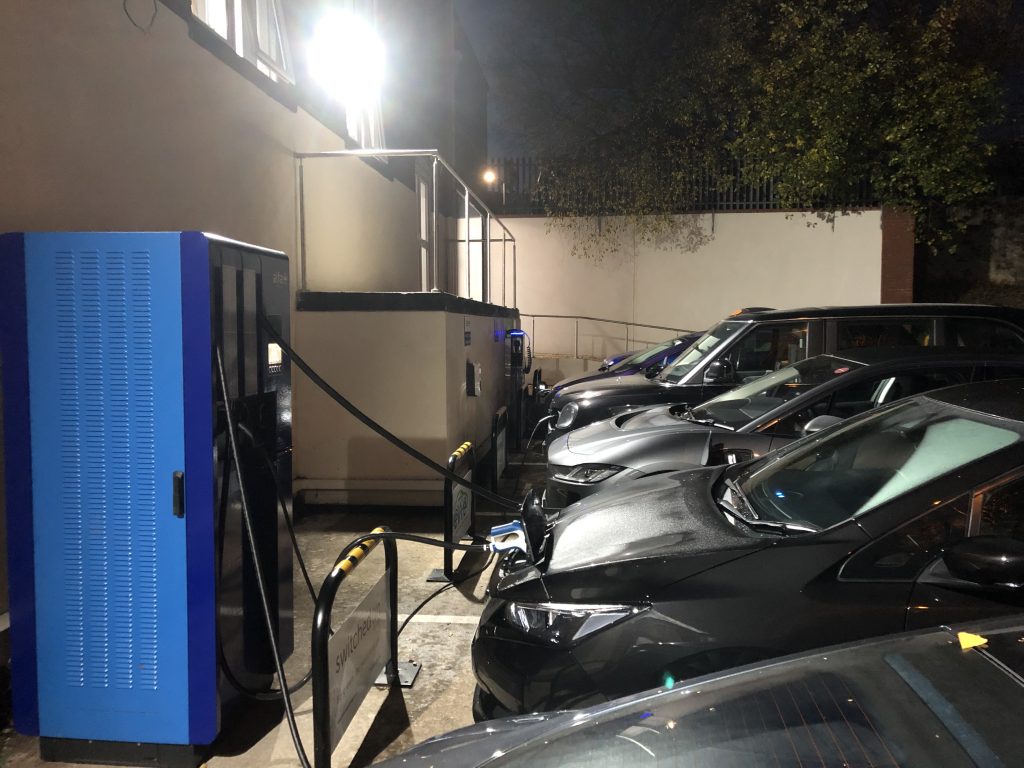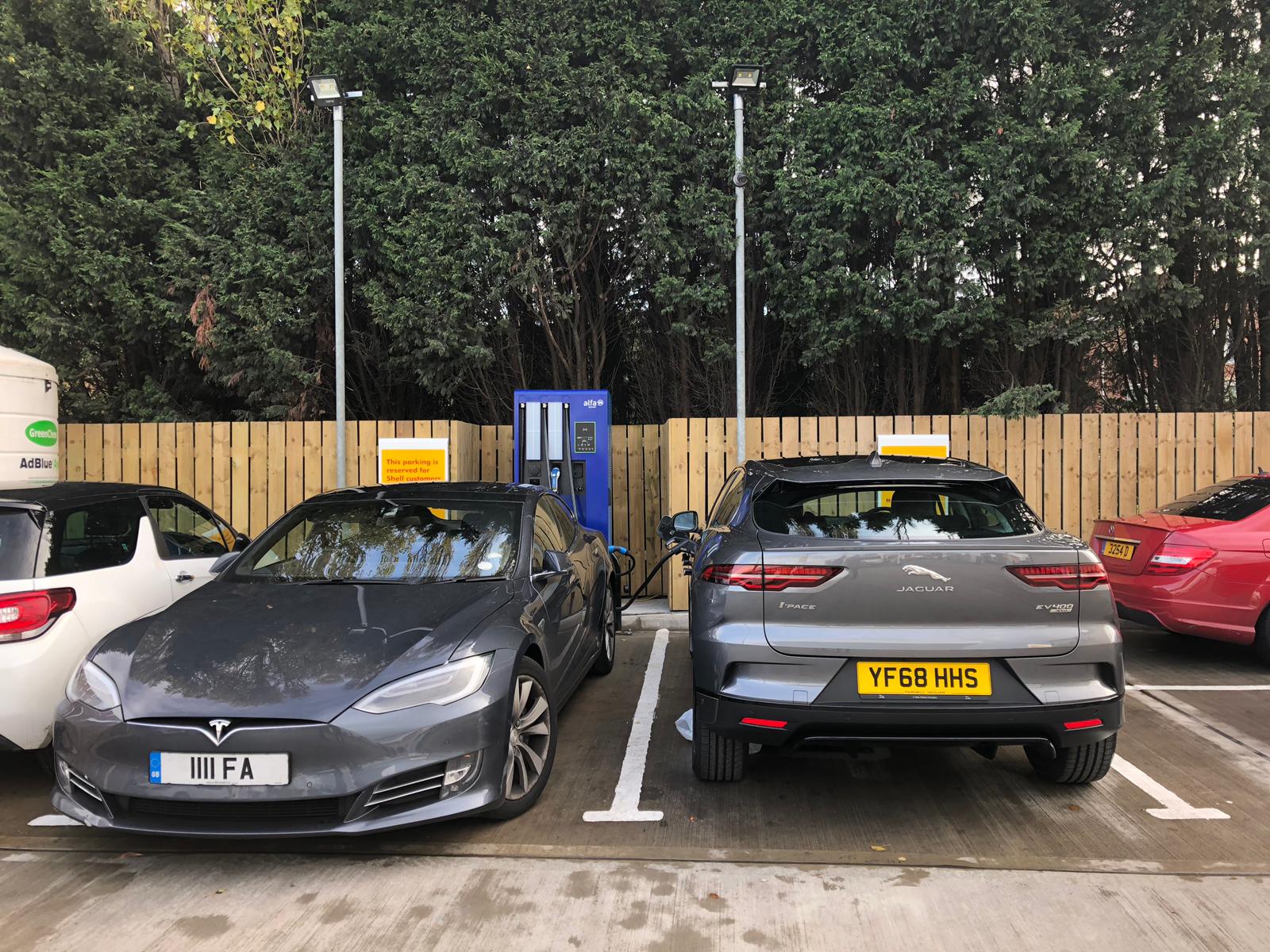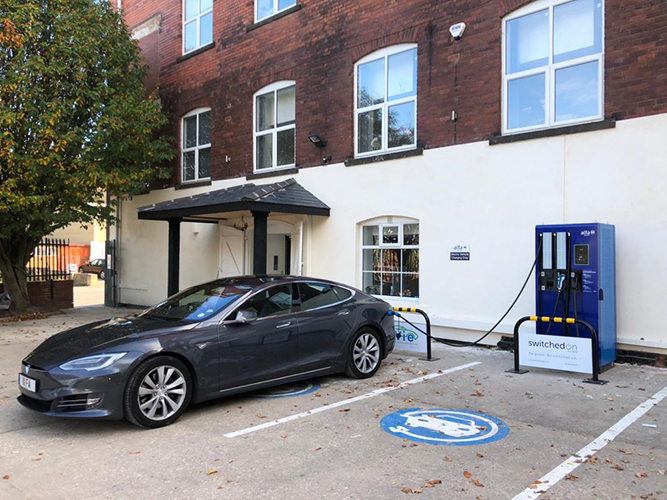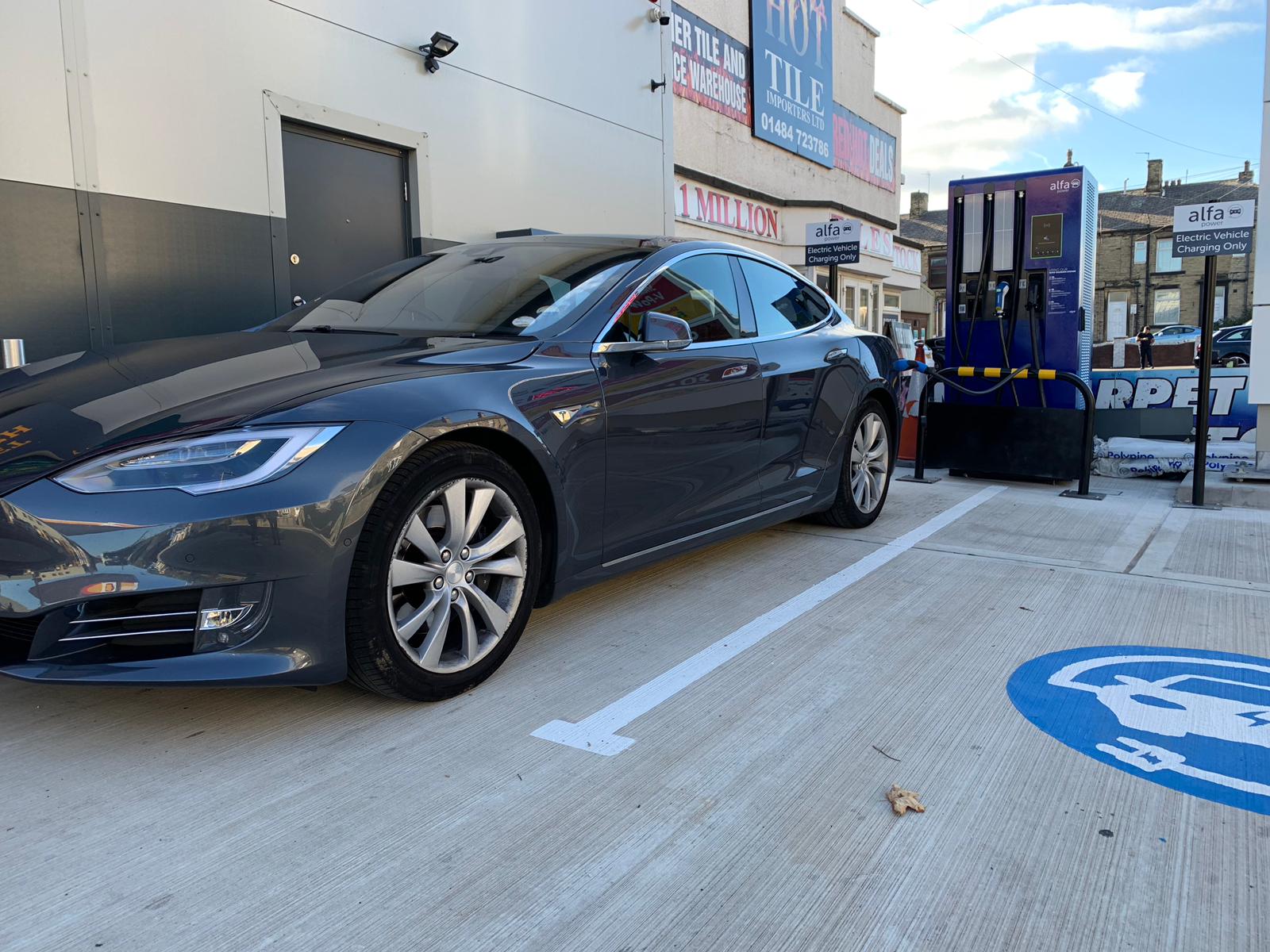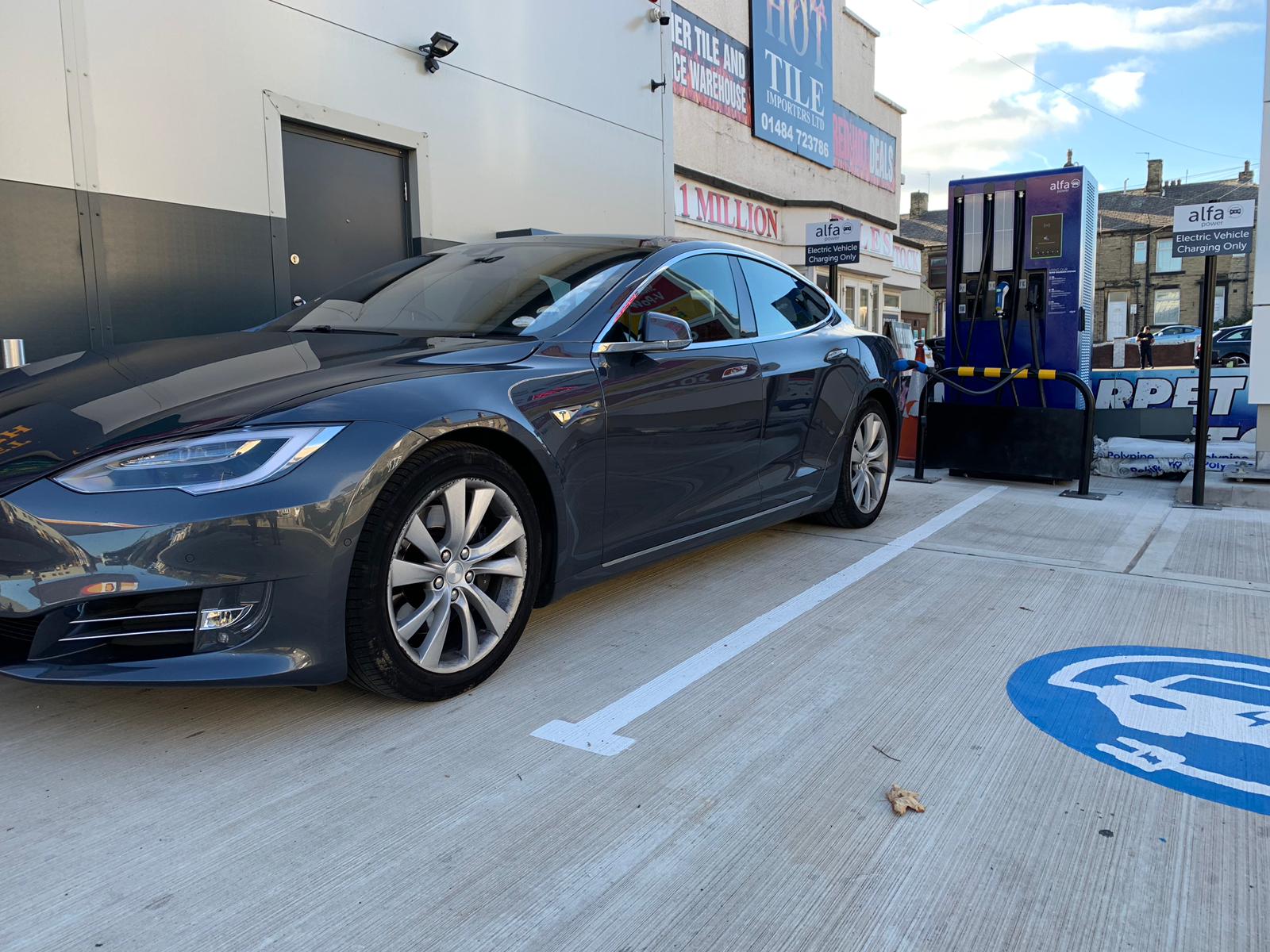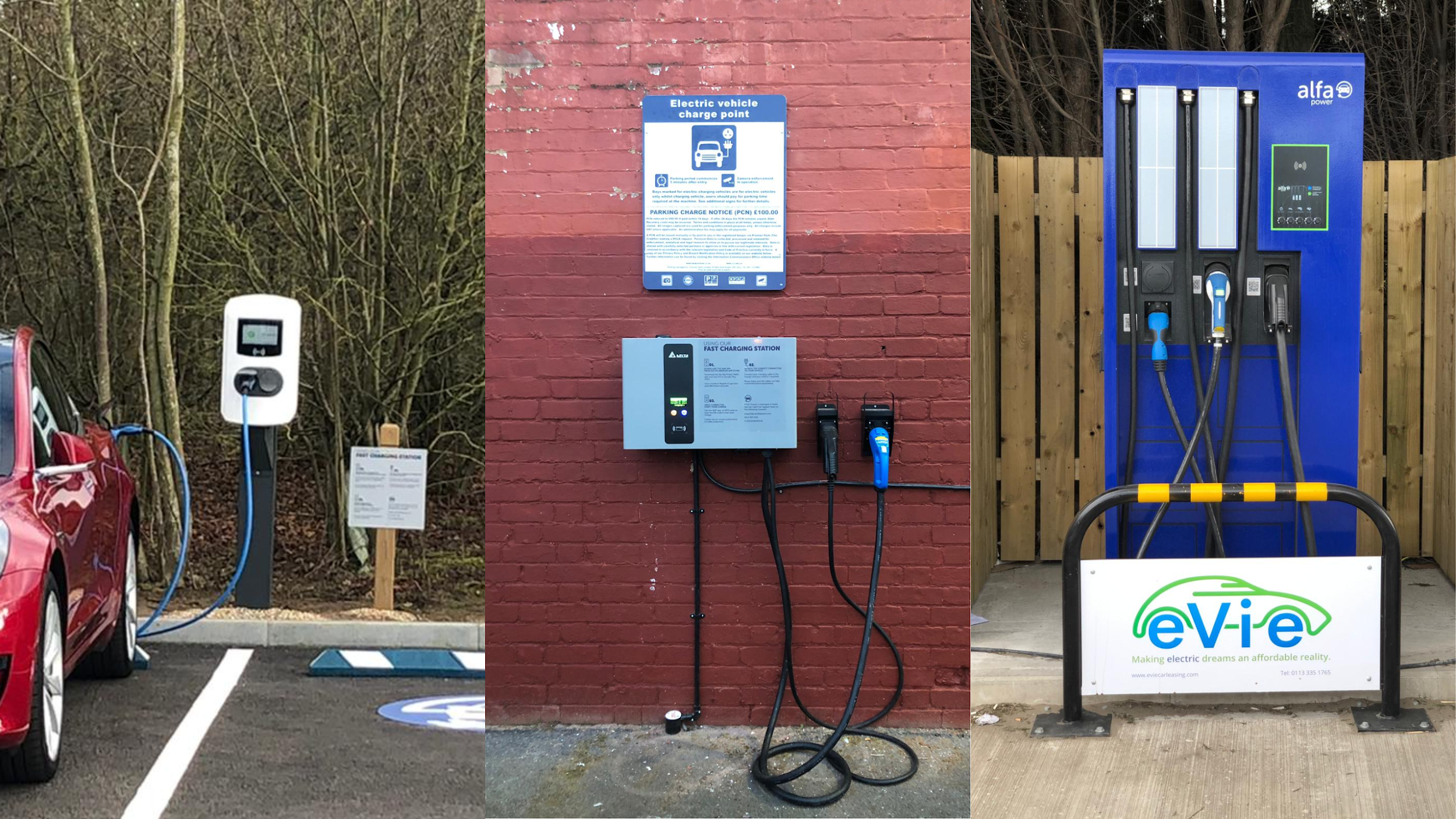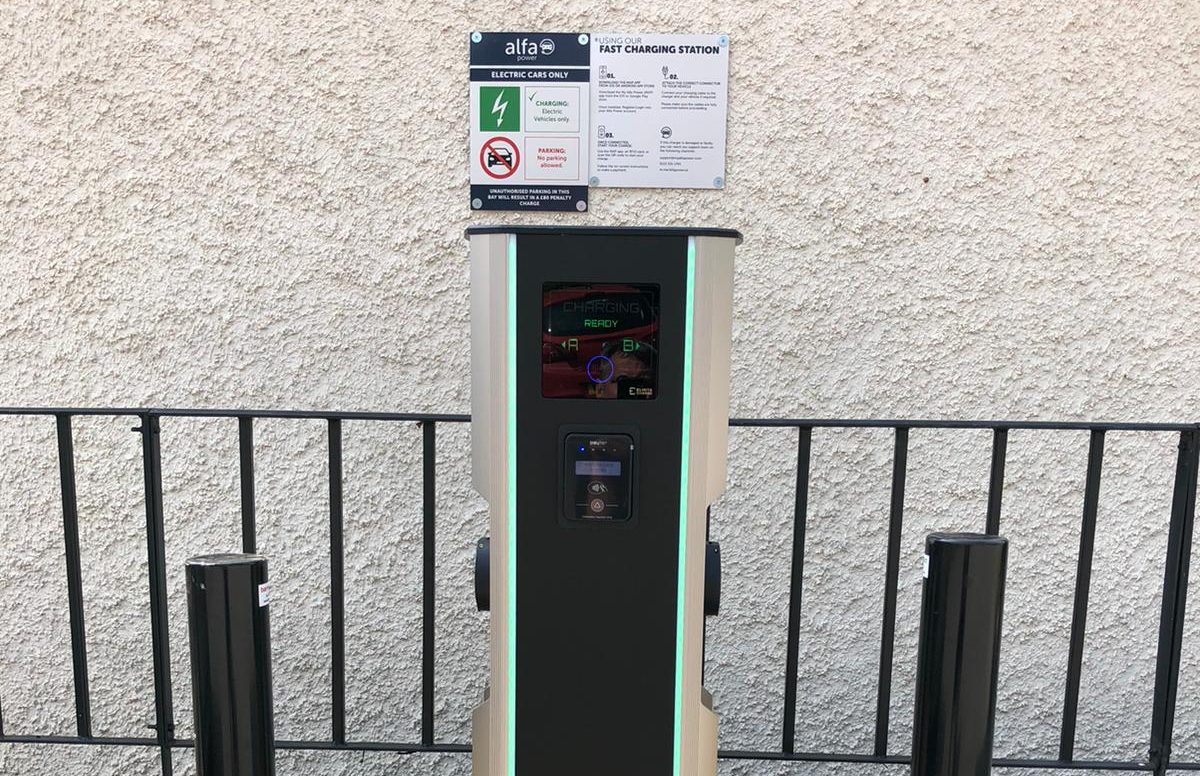Alfa Power welcomes changes to planning guidance
21st July 2019
This week saw some very positive news coming from the DfT. The government announced plans to change building regulations and bring them in line with EU legislation, under the EU Energy Performance of Buildings Directive (EPBD).
Also this week, we had an official announcement regarding the law surrounding contactless payment mechanisms. This new regulation will require all new Rapid and Ultra-Fast chargers to accept contactless card payments from Spring 2020. Such news will undoubtedly be a cause for celebration for many existing EV drivers in the UK.
We are currently working on a solution to retrofit all our existing network with this capability, and we welcome this news as a positive step for the industry.
In light of these new regulations, we ran a poll on our social media channels to gauge public opinion. We wanted to know which of these new regulatory conditions, EV drivers felt would have a more significant impact on the emerging EV community. The poll was very close, but the majority favoured contactless payment as having a more substantial effect.
However, contrary to the popular opinion of our poll, we feel that the regulation around building developments and associated planning conditions may have a more significant long-term impact.
All changes in planning conditions relating to EV charging infrastructure will have a significant impact on the rate of uptake of the technology. The frustration amongst EV equipment manufacturers and resellers of the infrastructure relates primarily to the level of ambiguity, enabling policy to be somewhat open to interpretation.
The National Planning Policy Framework (NPPF) will ensure that local planning policies can incorporate facilities for charging electric vehicles, according to the government’s Road to Zero Strategy.
The Road to Zero Strategy also states that the government aims to ensure that homes built “in the coming years are electric vehicle ready”.
Furthermore, the government is proposing that every new residential building with an associated car parking space is to be fitted with a charge point.
“It is our intention that all new homes, where appropriate, should have a charge point available. We plan to consult as soon as possible on introducing a requirement for charge point infrastructure for new dwellings in England where appropriate.”
We also understand that the same regulation applies to any structures undergoing renovation to residential use.
Under the new strategy, residential buildings undertaking major renovation works, which offer more than ten parking spaces, will be required to have a charge point, including the cable routing. A charge point must be installed for a minimum of one in five bays.
While there is an element of future-proofing here, is one in five bays enough? Will this help us achieve the recently stated zero carbon emissions transition target of 2050?
This regulation will also be applied to every non-residential new build and non-residential building undergoing a major renovation.
The vast majority of these new or reinstated regulations are focused on new developments or those undergoing a form of gentrification.
But, perhaps the most radical aspect of the proposal is the requirement for existing non-residential buildings with over 20 parking spaces to have a charge point.
This legislation is set to come into effect from 2025. While this seems like a long way off, introducing the concept of retrofitting environments with charging infrastructure, is a giant stride forward.
Such legislation could ultimately serve as the catalyst for even greater adoption of electric vehicles. To do so, the universal provision of infrastructure MUST become a requirement for ALL car parks consisting of more than 20 spaces.
It is also encouraging to learn of a commitment to consult, this summer, on a proposal “to increase the height limit for the Permitted Development Right (The right to build without Planning Application) in England for the installation of electric vehicle charge points in designated off-street parking spaces”.
The government also wants all new street lighting columns to include charging points, in areas with a current on-street parking provision. An investment of £4.5 million has been allocated to the ‘On-street Residential Chargepoint Scheme’ which will run until 2020.
We support ALL these initiatives and welcome the support to the industry.
However, in a recent meeting with Jake Berry MP Minister for Northern Powerhouse, we urged the Minister to also look at the restrictions put upon EV charging companies by Electrical Network Operators, a subject we will broach in the near future.
More Recent News






